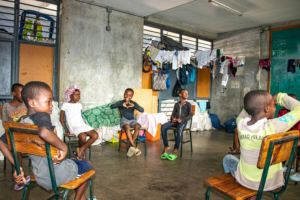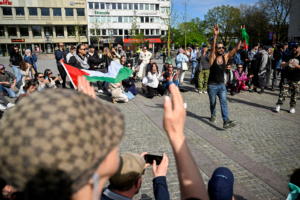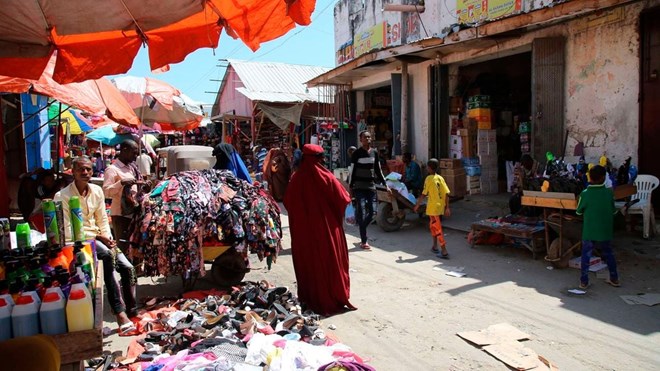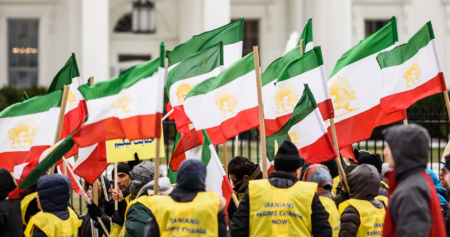Somalia is witnessing a promising economic transformation, with key sectors such as agriculture, construction, renewable energy, and the blue economy experiencing remarkable growth.
In an exclusive interview with Al-Araby Al-Jadeed, Mohamed Dabo, Head of the Investment Promotion Sector at the Ministry of Planning, revealed that improved security is paving the way for foreign and domestic investments across multiple industries.
Agriculture and Livestock: The Backbone of Somali Economy
Agriculture remains the cornerstone of Somalia economy, contributing nearly 65% of GDP and employing the same percentage of the workforce.
Livestock alone accounts for 40% of national income and over 50% of export revenues.
Dabo highlighted how modern farming practices are increasing productivity, especially in camel milk production, which has reached 10 liters per camel per day in some farms, such as Badr Farm.
These farms employ hundreds of people while producing value-added products like camel yogurt, strengthening Somalia’s agricultural value chain.
Real Estate and Construction
With relative stability, Somalia’s real estate sector has entered a dynamic growth phase.
International construction companies and technology providers are now involved in housing and commercial projects, supported by advanced building materials and modern technologies.
The Ministry of Planning has aligned the National Transformation Plan with the Investment Promotion Strategy, ensuring investments target sectors with direct economic and social impact.
This approach has attracted foreign direct investment beyond Mogadishu, especially in other urban centers.
Renewable Energy and Infrastructure Expansion
Somalia is also investing in renewable energy, particularly solar and wind projects, as part of its climate-resilient growth strategy.
The National Electricity Company has begun integrating clean energy solutions to reduce carbon emissions and curb environmental pollution.
Infrastructure development—especially in energy and housing—is playing a vital role in supporting sustainable urbanization and driving economic diversification.
Read also: How Somali Women Farmers Turn Hardship Into New Opportunities?
Legal Reforms to Improve Business Climate and Economic Transformation
To strengthen investor confidence, Somalia has introduced key reforms, including a Companies Law and an Investor Protection Law, alongside alternative dispute resolution mechanisms.
Through its promotional arm, SomInvest, the ministry is reducing bureaucracy and streamlining administrative processes, making Somalia a more attractive destination for international investors.
Blue Economy: Somalia’s Untapped Treasure
Somalia, with the longest coastline in Africa (3,333 km) and an Exclusive Economic Zone of 1 million sq km, holds enormous potential in fisheries and marine resources.
Sustainable fishery potential is estimated at over 200,000 tons annually, compared to the current domestic catch of only 6,000 tons.
Additionally, Somalia hosted a Blue Economy Forum in July 2025, engaging investors from Somalia and South Africa.
China also announced duty-free access for Somali seafood exports, strengthening global trade ties.
Regional and International Cooperation
The Ministry of Planning is working closely with IGAD and the Swedish Development Agency (SIDA) to establish a national coordination platform for the blue economy.
This framework integrates efforts across environment, energy, transport, and cultural sectors, ensuring a comprehensive approach to sustainable development.
Despite current progress, Somalia still faces challenges such as illegal fishing, which causes estimated losses of over $300 million annually.
Addressing these gaps could unlock even greater revenue potential for the country’s maritime economy.








